Get the best Squint / Strabismus Surgery in Delhi
Affordable and best Squint / Strabismus Surgery by the top-rated eye surgeons
![]() Affordable
Affordable
![]() 10 min Procedure
10 min Procedure
![]() Painless & Bladeless
Painless & Bladeless
![]() Free Consultation
Free Consultation
Squint Surgery In Delhi
Squint surgery is a type of corrective eye surgery that is performed to improve the alignment of the eyes. It is also known as strabismus surgery. Squint surgery is usually recommended for people who have failed to respond to non-surgical treatments, such as glasses, contact lenses, or eye exercises.
The goal of squint surgery is to realign the eyes so that they point in the same direction. This can be done by surgically altering the muscles that control eye movement or by removing part of the eyeball. In some cases, a combination of both methods may be used.
If you are considering squint surgery in Delhi, it is important to consult with an experienced ophthalmologist who can assess your particular situation and determine if this procedure is right for you.
Symptoms of Squint



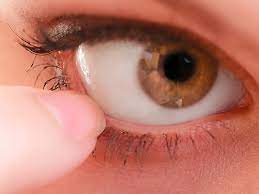

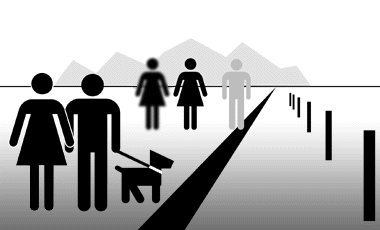
Causes of Squint
While the root cause of squint is unclear, a small percentage of cases can be chalked up to:
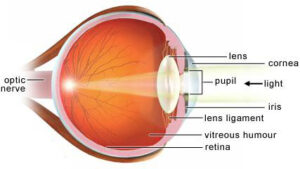


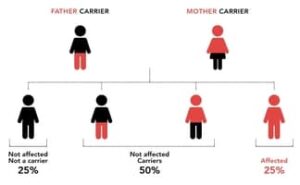



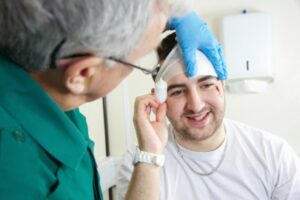

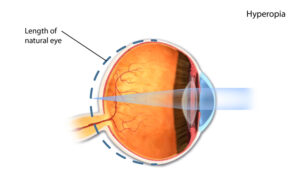
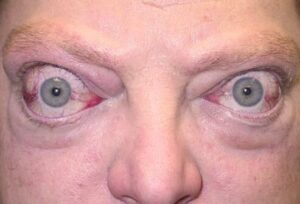

Types of Squint
Esotropia
A eye condition in which one eye turns inward, often into the nose.
Exotropia
Your eyes turn outward while the other stays straight or turns slightly inward.
Hypertropia
A form of strabismus, where the eyes point in different directions.
Hypotropia
A type of strabismus in which one or both eyes have deviated towards the nose
Squint Surgery Cost In Delhi
The cost of squint surgery in Delhi varies between ₹30,000/eye to ₹50,000/eye. MantraCare is one of the best eye hospitals in Delhi, and it offers squint treatment at the most competitive prices. MantraCare also offers insurance and financing EMI options for squint treatment in Delhi to make the procedure more affordable for patients.
| Treatment | Cost (₹) |
|---|---|
| Orthoptic Checkup ( PBCT + Synaptophore + Diplopia Charting + Maddox ) | 500 |
| Squint Orthoptic Exercises (12 Days) | 1200 |
| Squint Surgery for 1 Muscles | 25000 |
| Squint Surgery for 2 Muscles | 30000 |
| Squint Surgery for 3 Muscles | 35000 |
Our Locations in Delhi
- Adarsh Nagar
- Alaknanda
- Anand Vihar
- Ashok Nagar
- Ashok Vihar
- Badarpur
- Bali Nagar
- Bank Enclave
- Begum Pur
- Chanakyapuri
- Chandni Chowk
- Chattarpur
- Chittaranjan Park
- Civil Lines
- Connaught Place
- Dabri
- Daryaganj
- Delhi Cantonment
- Dhaula Kuan
- Dilshad Garden
- Dwarka
- East Of Kailash
- Govindpuri
- Greater Kailash
- Green Park
- Gtb Nagar
- Gulabi Bagh
- Gulmohar Park
- Defence Colony
- Hauz Khas
- Ina Colony
- Inderpuri
- Jamia Nagar
- Jangpura
- Jhandewalan
- Jhilmil Colony
- Jor Bagh
- Kalkaji
- Kamal Hans Nagar
- Kamla Nagar
- Karala
- Karol Bagh
- Kashmiri Gate
- Khan Market
- Khanpur
- Kirti Nagar
- Lajpat Nagar
- Laxmi Nagar
- Laxmibai Nagar
- Lodhi Colony
- Mahipalpur
- Malviya Nagar
- Mayur Vihar
- Mehrauli
- Model Town
- Mori Gate
- Moti Bagh
- Vishwas Nagar
- Sangam Vihar
- Sarai Kale Khan
- Sarai Rohilla
- Sarita Vihar
- Sarojini Nagar
- Sarvodaya Enclave
- Shahdara
- Shakti Nagar
- Shalimar Bagh
- Shastri Nagar
- Shastri Park
- Shreshtha Vihar
- Siri Fort
- South Extension
- Sriniwaspuri
- Sundar Nagar
- Surajmal Vihar
- Tilak Nagar
- Tis Hazari
- Vasant Kunj
- Vasant Vihar
- Vasundhara Enclave
- Vikas Nagar
- Vikaspuri
- Vivek Vihar
- Wazirabad
- Yamuna Vihar
- Yojna Vihar
Top Squint Doctors in Delhi
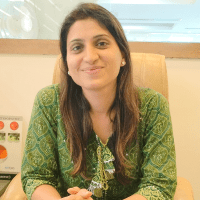
Cataract, Retina, Glaucoma, LASIK

Retina Specialist
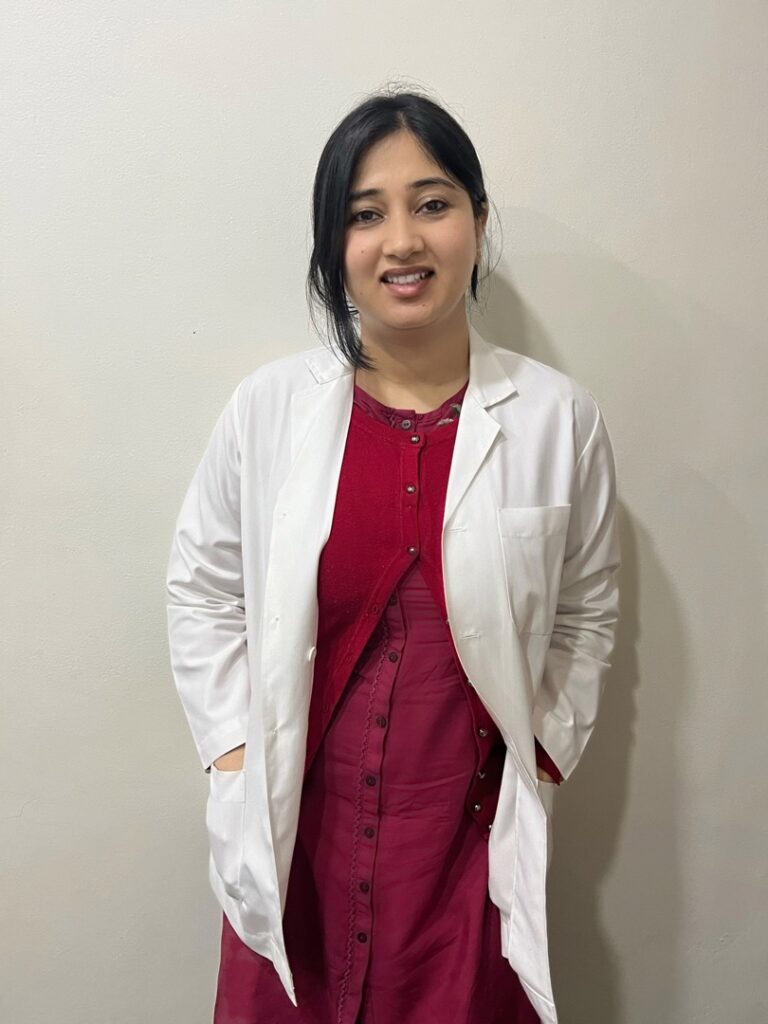
Cataract, Glaucoma
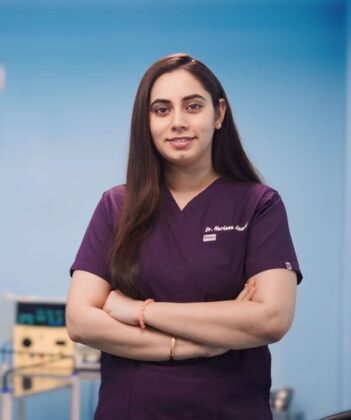
Cataract, Retina, Glaucoma
Happy Patients from Delhi after Squint Surgery

“I had squint eye surgery from MantraCare in Delhi and the results have been phenomenal. The doctors are highly qualified and have a ton of experience in performing these surgeries, which meant that I didn’t have to worry about anything going wrong during the procedure. My vision was restored quickly and my eyes felt better than ever before.”
– Sharon (Delhi)
Frequently Asked Questions
Squint surgery, also called strabismus surgery, is a type of eye surgery that is performed to correct a misalignment of the eyes. The goal of squint surgery is to improve the alignment of the eyes so that they can work together more effectively.
At MantraCare Delhi, squint surgery starts from Rs. 30,000. The cost can vary depending on the hospital you choose and the surgeon you select.
Mostly, squint surgery at Mantracare Delhi is a safe procedure that takes around 30 to 70 minutes.
Mantracare is the best hospital for squint surgery in Delhi. They have top doctors with over 20,000+ satisfied clients.
There are a few risks associated with squint surgery, but they are rare and usually minor. The most common complication is an infection, which can usually be treated with antibiotics. There is also a small risk of bleeding or damage to the eye during surgery.